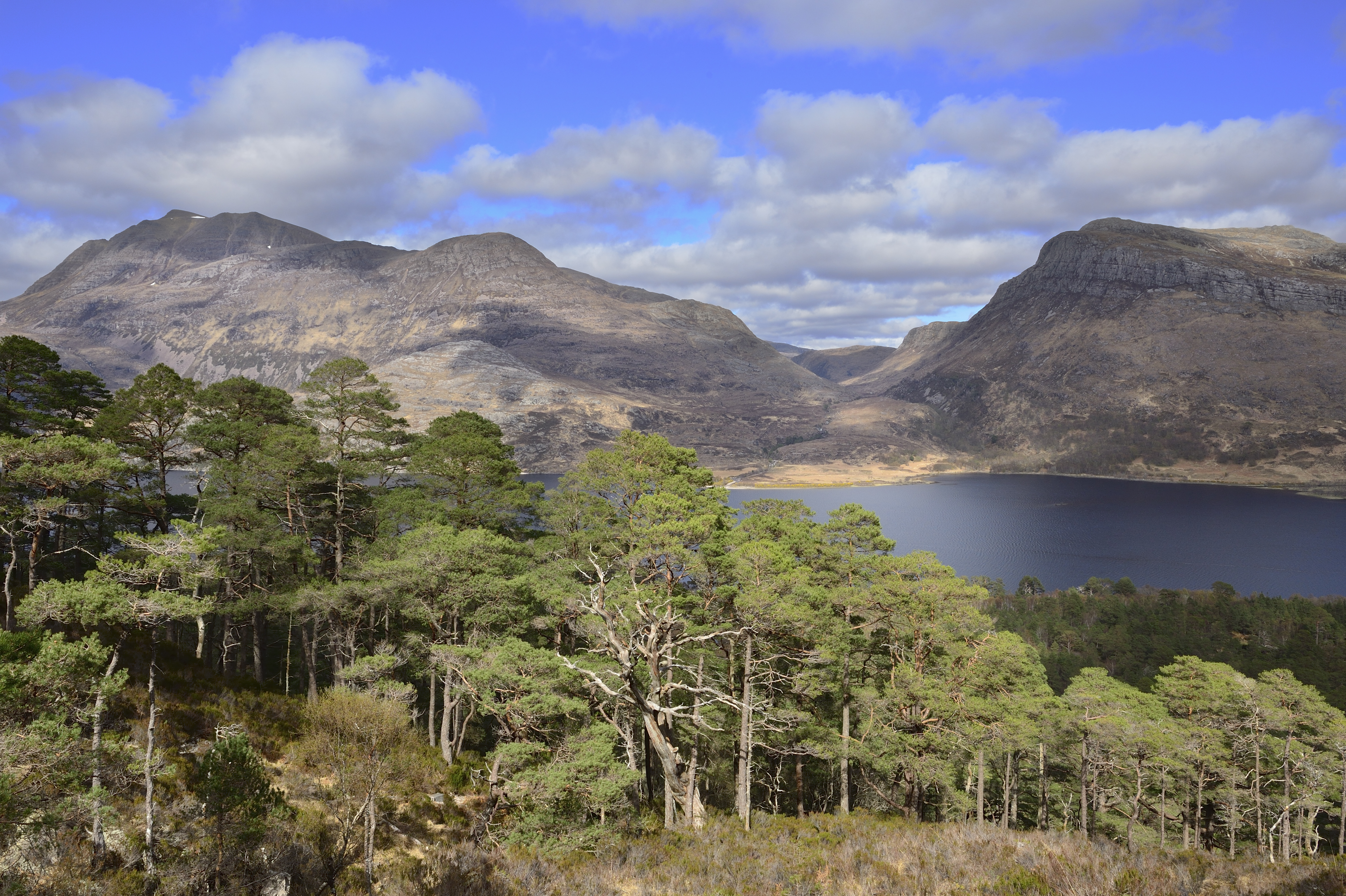A unique pine forest in Wester Ross will have its genetic code preserved forever in a UK first.
Beinn Eighe’s ancient Caledonian pine forest is home to centeuries-old trees whose DNA took a different path than other pines after the last ice age.
Beinn Eighe was the UK’s first National Nature Reserve, and now it is hailed as a genetic first too by becoming the UK’s first area designated for genetic conservation.
The move reinforces the special nature of the pines at the reserve and the importance of protecting them for future generations.
Some of the remarkable specimens at Beinn Eighe are more than 350 years old, and the genetic composition of the pinewood has been shown to be truly distinct.
Research has shown that the Beinn Eighe trees colonised via a different route from pines in other parts of Scotland after the last ice-age, and recent scientific work makes it clear that these pines have a unique genetic diversity.
The Scottish Natural Heritage (SNH) reserve is managed to conserve this special woodland, and now this work has been formally recognised with the registration of the site as a Gene Conservation Unit with the European Forest Genetic Resources Programme (EUFORGEN).
The intention is that the designation of the Beinn Eighe pinewood will act as a beacon for the UK, leading the way for gene conservation units to be established for all of our tree species.
Jeanette Hall, SNH Woodlands specialist, said: “Beinn Eighe is renowned for the beauty of its ancient Caledonian pine forest and we’ve been working to restore and expand this unique woodland for more than 65 years.
“Registering the nature reserve as the UK’s first Gene Conservation Unit shows how committed we are to protecting and preserving these special trees.
“It also marks another important step towards meeting our international obligations on gene conservation.”
Keep up to date with the latest news with The P&J newsletter
Professor Pete Hollingsworth, Director of Science and Deputy Keeper at the Royal Botanic Garden Edinburgh, said: “Conserving genetic diversity is important. Loss of genetic diversity can lead to elevated extinction risks for populations or species and reduce their ability to adapt to future changes in the environment. Integrating genetics into conservation planning is thus important for long-term species survival prospects”.
Organisations involved in the Beinn Eighe designation include: Scottish Natural Heritage, Royal Botanic Garden Edinburgh, University of Edinburgh, Centre for Ecology & Hydrology, Forest Research and Forestry Commission Scotland.
